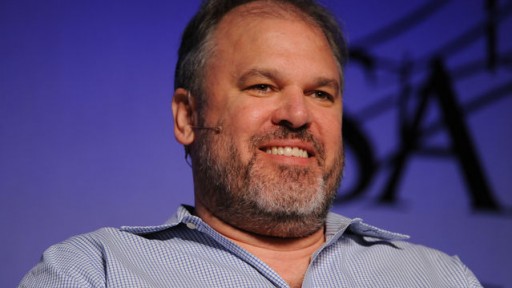- Home
- >
- Great Traders
- >
- John Burbank – founder of Passport Capital LLC

John Burbank - founder of Passport Capital LLC

Based on his performance as a hedge fund manager, this group certainly does not include John Burbank III. Recovering after an almost total loss of its possessions in his first trade Burbank based Passport Capital in 2000. 2007 Passport Capital reported a 219 percent gain, after taxes and management costs, as correctly predicted Burbank and structure your portfolio to take advantage of the collapse in the US housing market, as okasyava shares of subprime lenders. He was so confident in the research and its position that even after the market initially moved against shortovete, he doubles his bet on down through CDS. This does not go unnoticed by the investment community: since Passport Capital has grown more than doubled to an amount of $ 4.6 billion US dollars in assets. For investors who want Passport to manage their money, a minimum threshold of 1 million. Dollars to lock period of one to three years.
As with so many other successful investors, Burbank was able to focus most unique aspects of his personality and talent in huge financial benefits for themselves, their businesses and their customers. With a master's degree in English literature at Duke and an MBA from Stanford, he has traveled the world Burbank intense as at one time taught in Ningbo, China. His first three years in finance have passed as a researcher for ValueVest, a small hedge fund, which was one of the first to specialize in emerging markets.
Burbank opened Passport focusing on research, hiring staff with doctoral degrees in the sciences. Months are spent researching ideas before any money can be spent from Passport Capital. When the time is established large items.
The study of Passport Capital applies its investment away from traditional ways. As Burbank notes "There is no way you can make 30% per year if you have a long position on the S & P 500. If you get this kind of return you need to go to places where it will happen." Main reason "to go to places" to invest in gold and base materials and other assets for Burbank and Passport Capital is uncertain direction and lack of confidence in governments around the world. At the end of 2010, the largest position is a put option on the SPDR Gold Trust for $ 416 million. He has also invested heavily in mining companies in Canada, Australia and other countries.
Burbank expected future investors continue to pour capital into emerging markets, especially in China and India. The growth of a class of consumers in these countries will lead to continued demand for gold, silver, oil and basic metals. Like many other hedge fund, Passport Capital has invested heavily in potash needed to feed a growing population and to meet the richer diets in emerging market nations. "The supply of oil, commodities and things that come from the earth do not change so much, and demand continues to grow, so the price usually higher," Burbank notes. About a quarter of the portfolio with Passport in basic materials such as iron ore and gold mining companies.
In 2010, Passport Capital returned 18.3%. Burbank has led Passport to publish on average 23% annual return since it opened in 2000. His long items include Apple Computer, Cisco Systems, Suncor Energy, Barclays Bank, Wendy's / Arby's and Blackrock.
 Varchev Traders
Varchev Traders If you think, we can improve that section,
please comment. Your oppinion is imortant for us.






